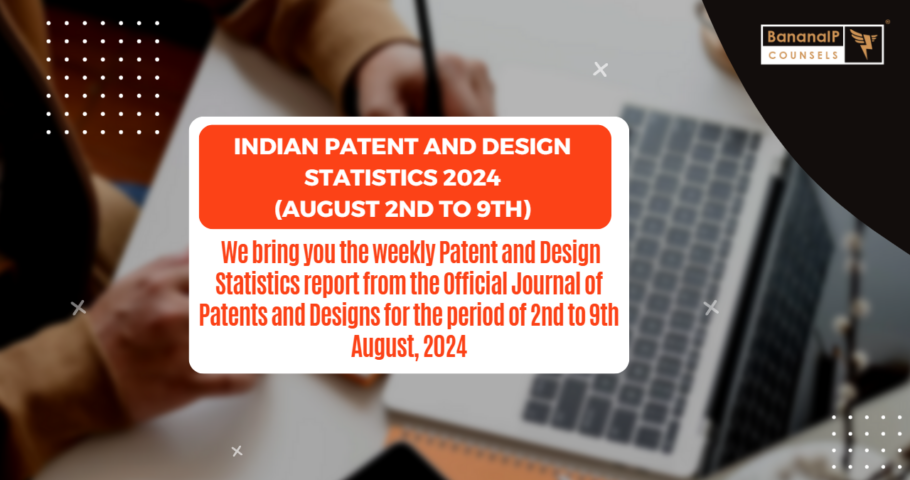First Publication Date: 18th January 2010
The Appellants, F. Hoffmann-La Roche Ltd. (“Roche”), the Licensor of a patent relating to the drug Erlotinib used for cancer treatment and OSI Pharmaceuticals Inc. (`OSI’), the holder of the patent of the said drug, filed an infringement suit against the Respondent, Cipla Ltd. (“Cipla”). The Appellants filed an application for temporary injunction during the pendency of the suit, which was rejected by the Single Judge and therefore, filed this appeal.
After hearing both the parties, the Court upheld the rejection of the temporary injunction based on the following reasons:
a. The patent granted to OSI related to the compound comprising combination of Polymorphs A and B. Subsequently, OSI filed another application relating to Polypmorph B form of the compound but failed to disclose such information to the Controller. Non-disclosure of such information regarding patent filings was not in consonance with the requirements of the Patents Act;. As the information relating to patent applications would have an impact on the decision of the Controller to grant a patent, the Respondent’s challenge to patentability of OSI’s compound was credible. Furthermore, non-disclosure of information relating to patent filings before the Court while asking for an interim injunction did not give the Court an opportunity to determine whether the drug sold by Cipla fell within the scope of the patent in question and therefore, the Appellants failed to show a prima facie case for grant of temporary injunction.
b. The Respondent raised a serious question regarding the validity of the patent in the light of Section 3(d) of the Patents Act by stating that polymorphs of known substances were not patentable and by citing relevant prior art references. As the validity of the patent is in question, an interim injunction was not warranted.
c. The general public access to life saving drugs such as the patented drug in question in the case assumes great significance and grant of an injunction would have an adverse impact on such access. Therefore, as stated by the single judge, the injunction might not be granted because the public interest in greater public access to a life saving drug would outweigh the public interest in granting an injunction to the Appellants. The public interest favours denial of injunction in the light of the fact that the patented drug and the drug sold by Cipla are different and Cipla had challenged the validity of the patent.
As the Appellant failed to show prima facie case and as the grant of injunction regarding a life saving drug was not in favour of public interest, the Court denied the temporary injunction to the Appellants.



